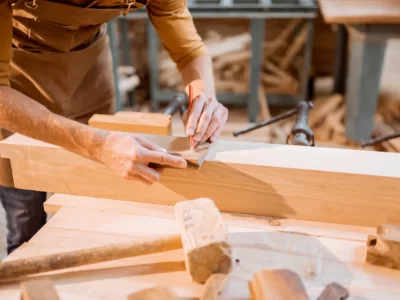The aspiration to buy your own home has always been very strong in the UK. The culture of home ownership combined with the apparently impervious investment value of property keep this aspiration alive. And since we can’t all be first-time buyers, buying will usually involve selling as well.

The housing market is very healthy, despite the economic consequences of the pandemic, as you can see from the runaway prices reported by the Office for National Statistics: https://www.ons.gov.uk/economy/inflationandpriceindices/bulletins/housepriceindex/december2020. But the conveyancing process demands a huge commitment in time, patience and resilience. It can be very extended, and it remains fraught with unforeseen dangers and potential disappointments. Efforts to simplify the UK property conveyancing system over the years have achieved little, but you should be encouraged to hear that there are some measures you yourself can take to draw some of the sting out of the experience. Here are four of them.
1. Choose Your Conveyancer Carefully
Buying a property is a very personal thing, so you need to feel comfortable with the people who are working for you. Recommendations and reputations are great, but have a look at what they offer. The best conveyancers will go out of their way to make the process as transparent as possible, and some, such as Sam Conveyancing, provide you with an online account enabling you to track progress at every step with constantly updated information.
2. Choose Your Buyer or Seller Just as Carefully
The highest bid isn’t necessarily the best bid. There are many other considerations like the length and complexity of any chain, whether your buyer is a cash purchaser and the nature of the property you’re buying: for example, its age, its location and whether it is freehold or leasehold.

3. Keep Organised
Conveyancing involves enormous amounts of paperwork, even in the digital age. You can’t control how other parties organise their paperwork, but you can make sure that yours is up-to-date and easily accessible. That includes even documents you might not consider important – pay-slips, tax returns, gas and electrical certificates, receipts for repairs or modifications done. When your conveyancer asks you for them, make sure you can supply them without delay.
4. If in Doubt, Ask
Your conveyancer doesn’t expect you to be an expert, and sometimes they might slip into the jargon of their profession. If there is anything you don’t understand, or something you don’t like the sound of, then speak up. Don’t be afraid to ask a question as often as you need until you understand the answer. Buying and selling is a big deal. Make sure you know what is happening, what it means and where you stand – at all times.







Comments